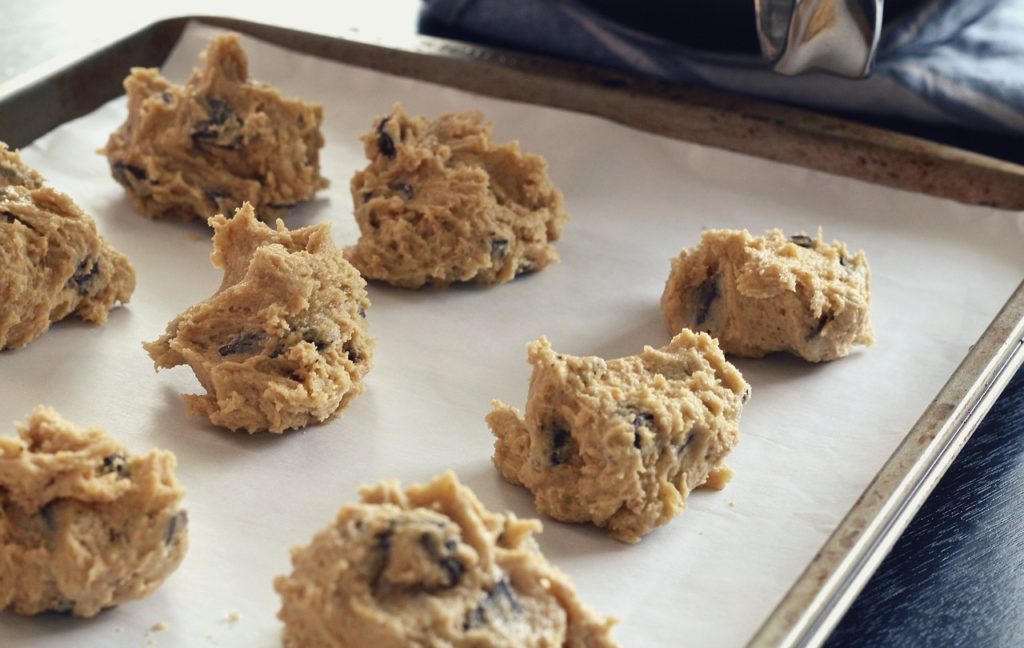If we can agree on anything, it’s that people can never agree on dieting. Some people think you can’t live without meat, while others will fight you to the grave on it. Some say you need to carbo-load, but others say a high-carb diet can give you diabetes.
I’ve taken classes where the professor has argued for hours on the importance of what you eat versus how much, and have sat through a two-hour lecture telling me that caloric intake versus energy expenditure is the only thing that matters.

Photo by Daniel Shumski
I think—as a non-nutritionist, non-scientist, non-expert in anything diet related—that what it comes down to is that we’re all different and our bodies react in various ways to various things. If an expert in the field goes up to bat for a diet or weight-loss program, there are probably cases of it working at one point or another.
Basically, what I’m aiming to explain here is that everyone is different. We can all agree on that. My genome is different than your genome and that’s just basic genetics 101.
Disclaimer: I have never taken a class called genetics 101.

Photo courtesy of Pixabay
However, I do know that (in the simplest words) the gene pool differentiates due to changes in environment and we have to acclimate to in order to survive. Different climates produce reliances on different types of food, which lead to genetic mutations in certain populations over time.
Alpha-amylase, AMY1, is responsible for the breakdown of carbohydrates. It is a salivary enzyme which really just means it’s an enzyme found in your saliva. When you eat carbohydrates, it helps to begin the breakdown process from insoluble to soluble starches. Basically, they help you digest the four French baguettes you ate at Panera.

Photo courtesy of Pixabay
Currently, the USDA recommendation for carb consumption is 45 percent-65 percent of your daily calories. But what about someone who has fewer copies of this gene? Some people have as low as two, and some as high as 15. Someone with two copies can’t break down carbohydrates as easily as someone with 15 AMY1 copies.
A recent study was conducted with two groups with differing amylase levels, one high and one low, in which both groups were given starch to ingest. The low amylase group had higher blood sugar levels than the high amylase group for up to two hours after they ate.
What this means is that the the people who had less AMY1 genes were not able to metabolize the starches they had ingested as quickly as the people who had more copies of the gene which means the more AMY1 copies you have, the easier it is for your body to digest carbohydrates and regulate your blood sugar to normal levels.
But again, we return to my first, and only, original thought of this piece which is: we’re all individuals. Your number of AMY1 genes is not the only thing affecting how your body responds to carbs. There are always other contributing factors like how your body responds to sleep, exercise, stress, etc.
If you go and get your genome sequenced and have 15 copies, please don’t go eating three times as many carbs because you read this article.


